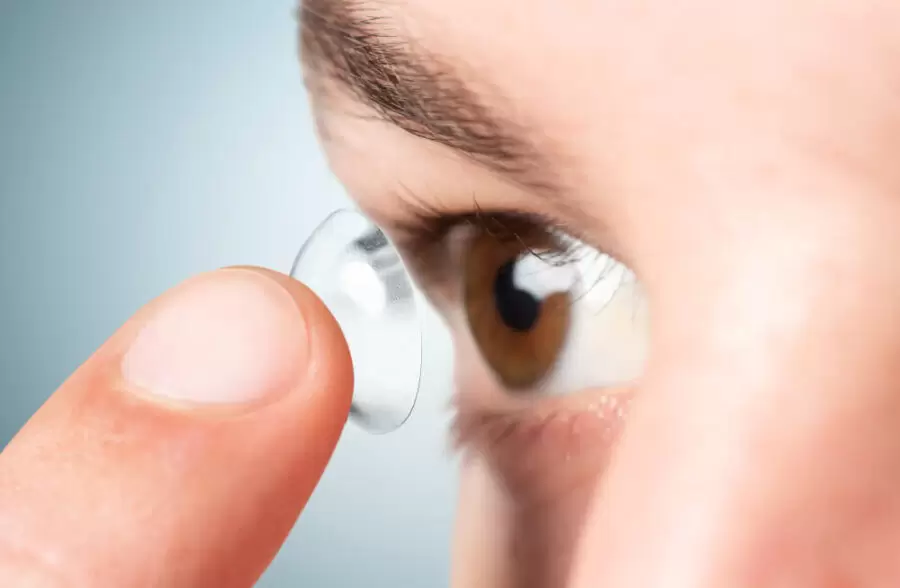
Points to Pay Attention to When Using Lenses
Contact lenses are widely used tools to improve eye health and vision quality. They are chosen as an alternative to glasses in terms of comfort and aesthetics. However, contact lens wear can lead to eye infections and other problems if not followed properly. This article explains in detail the main points to consider when using the lens.
Choice of Lenses
Choosing the right lenses is very important for eye health. Before buying lenses, you must consult an eye doctor. Your doctor will recommend lenses that suit your eye structure and vision needs. The types of lenses are as follows:
Soft lenses: These lenses are the most commonly used type for comfort and fit.
Rigid gas permeable lenses (RGP): Can be worn longer and may be more suitable for some eye problems.
Toric lenses: Specially designed for astigmatism.
Multifocal lenses: Suitable for those with near and far vision problems.
Cleaning and Care of Lenses
Proper cleaning and care of lenses is important to prevent eye infections. Follow the instructions below:
Hand washing: Wash your hands thoroughly with soap and water before putting on and removing lenses.
Cleaning solution: Use only the solution recommended by your doctor to clean the lenses. Tap water or other liquids are not suitable for cleaning lenses.
Storage of lenses: Store lenses in a clean and dry lens case. Change the lens case regularly and clean it after each use.
Changing the solution: Always renew the lens solution and never add new solution to the old solution.
Use and Wearing of Lenses
Wearing and using lenses correctly is also very important for eye health:
Remove at night: It is important to remove the lenses before going to sleep, as the lenses can restrict the eye's oxygen supply during the night.
Paying attention to the period: Follow the prescribed period for using the lenses. Replace daily lenses every day, and use monthly lenses for one month.
Make-up instructions: Apply make-up after wearing lenses and remove lenses before removing make-up. This prevents the lenses from coming into contact with dirt and chemicals.
Fogging: Lens fogging may occur in cold weather or steamy environments. In this case, it may be helpful to blink your eyes more often or use artificial tears.
Prevention of Infection and Problems
To prevent eye infections and other problems, you should take some extra precautions:
Eye redness and pain: If you experience eye redness, pain, blurred vision, or other discomfort, remove the lenses immediately and see your eye doctor.
Avoid wearing lenses while sleeping: Wearing lenses while sleeping at night increases the risk of eye infections and other problems.
Avoid wearing lenses while swimming and showering: Avoid wearing lenses while in the pool, sea or shower. Contact with water can cause lens contamination and infection.
Lens replacement: Follow the lens replacement period and replace worn lenses on time.
The result
Although wearing contact lenses is a convenient and practical solution, it can be hazardous to eye health if not followed properly. Eye problems can be prevented by proper lens selection, cleaning, use, and infection prevention. It is also very important to follow your eye doctor's recommendations and have regular eye exams. For healthy eyes and quality vision, be careful when using lenses and take care of your eye health.
2024-02-14
2024-02-14
2024-02-14
2024-05-02
2024-05-08
2024-05-14
2024-08-28